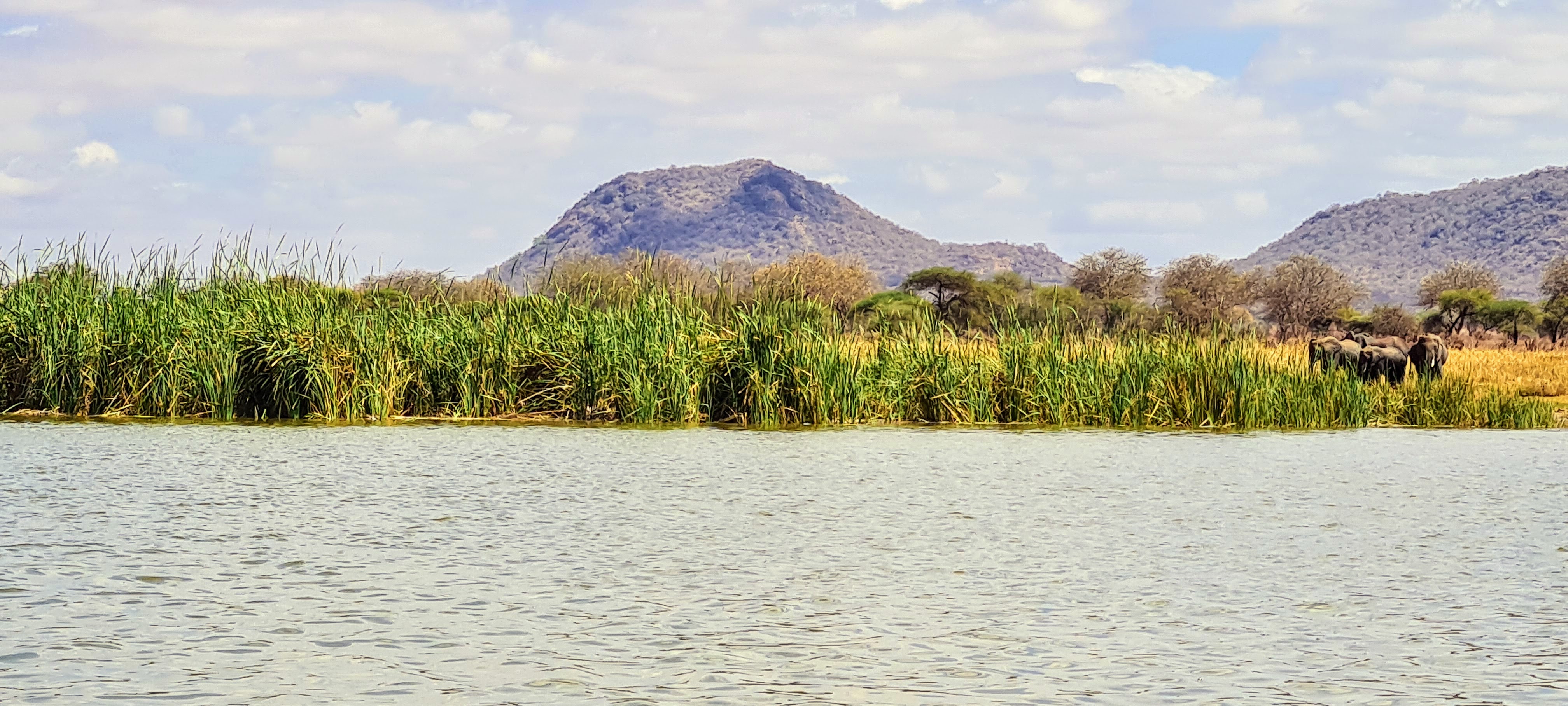
Project-Schistosomiasis
Working with the University of St Andrews and the Kenya Marine and Fisheries Research Institute to develop a breeding program for single sex giant freshwater prawns with a view towards bio-control of schistosomiasis carrying snails in East Africa
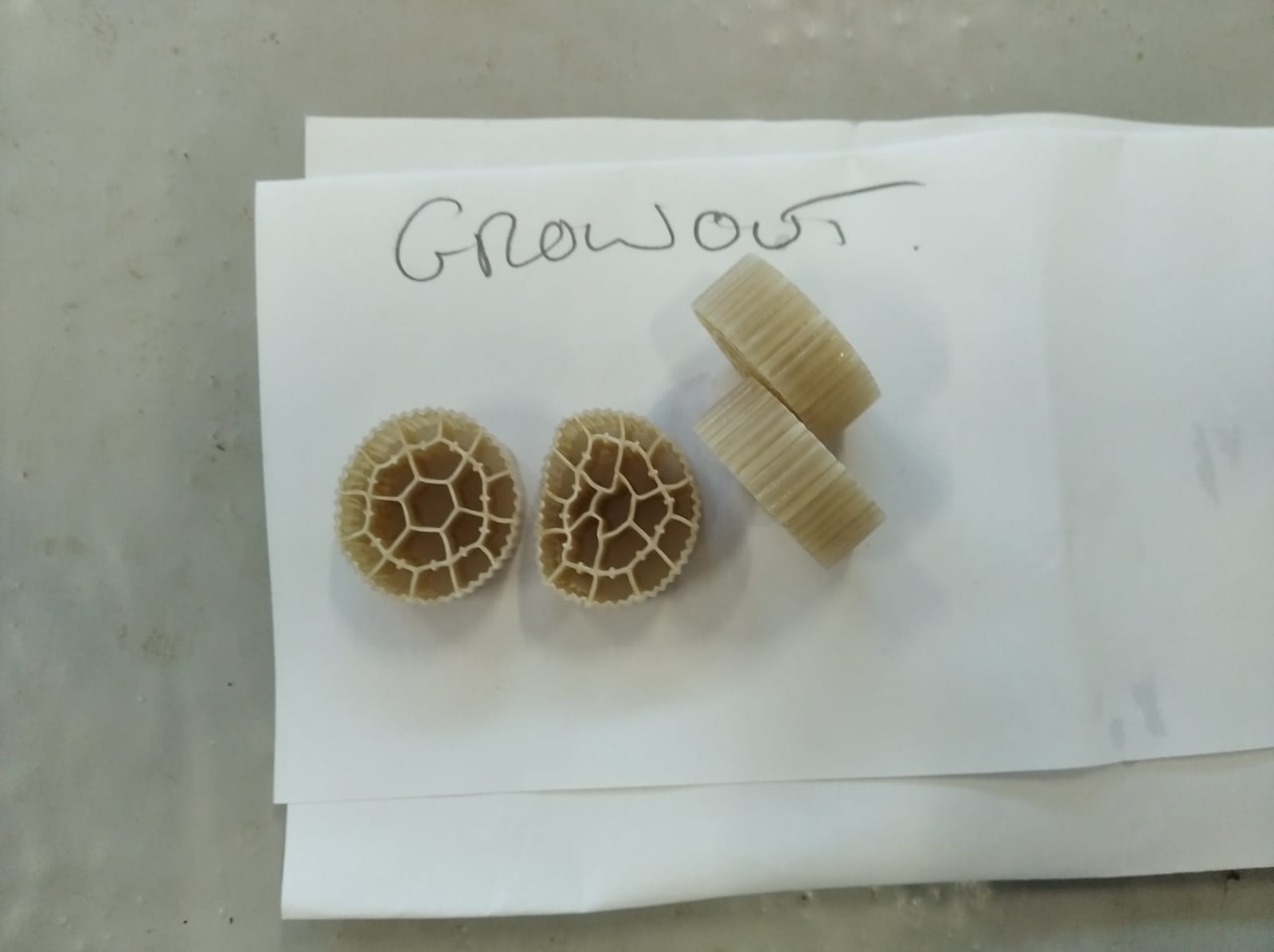
Project-De-Risking RAS
Working with SAMS and our friends at NovaQ, using water and microbiome genetic analysis we established that a RAS biofilter could be made more efficient, biologically richer and more stable by the regular addition of a specific microbiological inoculum. Thus greatly reducing the risk of filter failure.
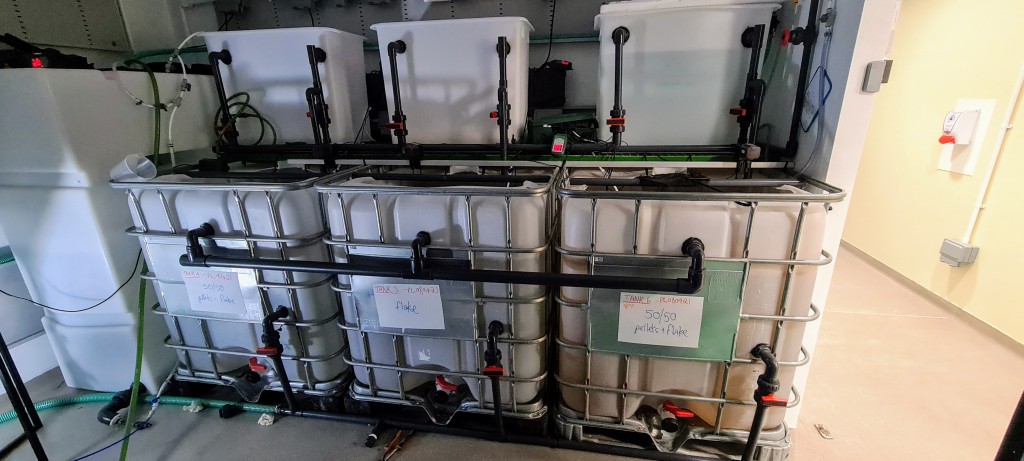
Project- Carbon Negative RAS
An in-house driven project involving academic partners to produce a RAS farm which fixes rather than produces Carbon. In 2021 we proved the concept at the 1m3 “bench” scale. In 2022 we will build a commercial pilot at the 100m3 scale.
A selection of recent Rastech projects
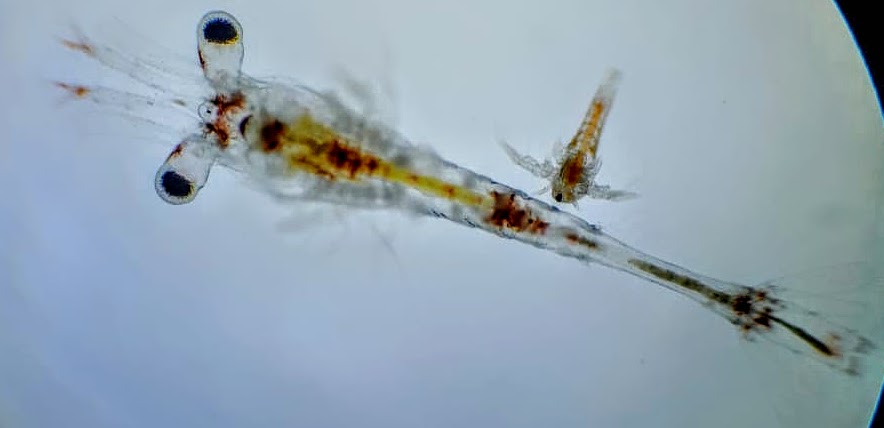
Project- Shrimp Production for R&D
In order to complete other projects a convenient supply of white leg shrimp at various life stages was required. To fulfil this need we developed a modest in-house breeding and grow out facility.
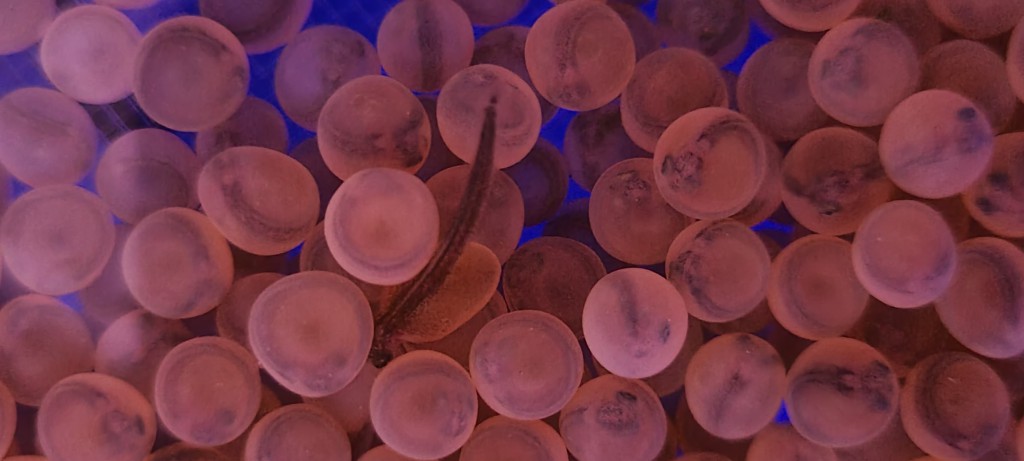
Project- Salmonid Production for R&D
As with the shrimps, to facilitate our other work an in-house supply of fish was required. We therefore established a small hatchery at our SOI site in St Andrews.
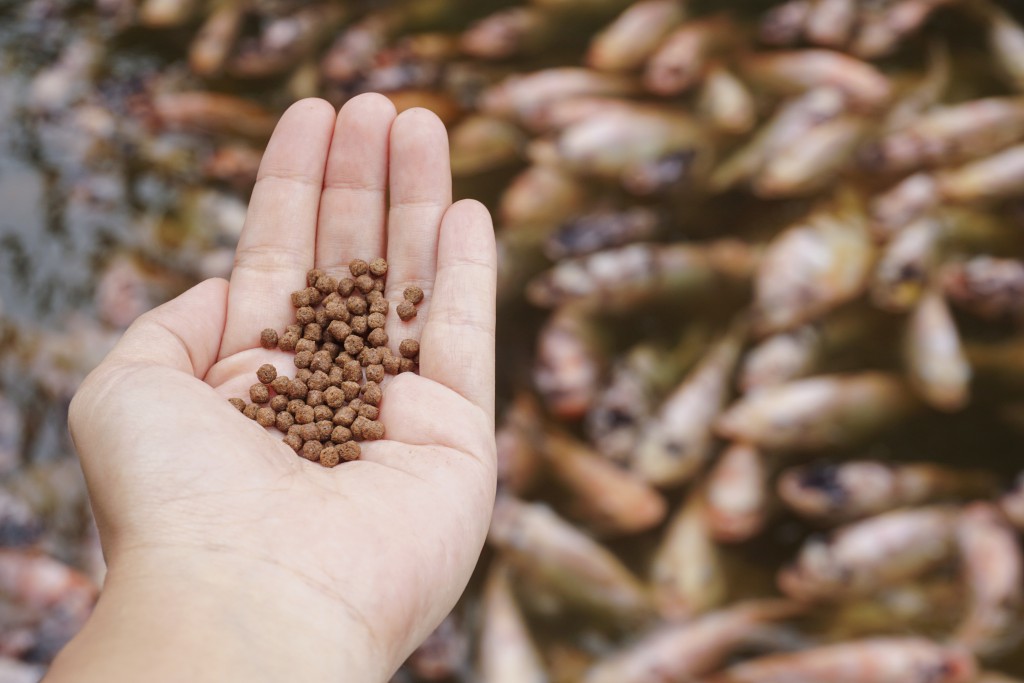
Project- Multitrophic RAS
RAS inevitably produces both biosolids and dissolved organic nutrients. Fortunately, these “problems” can be used as a food source for other species from different trophic levels. For example filter feeders and plants. We continue to develop systems which extract the maximum value from our applied feed and which release the minimum amount of waste into the environment. Sound economics too, as anything derived from feed has been paid for.